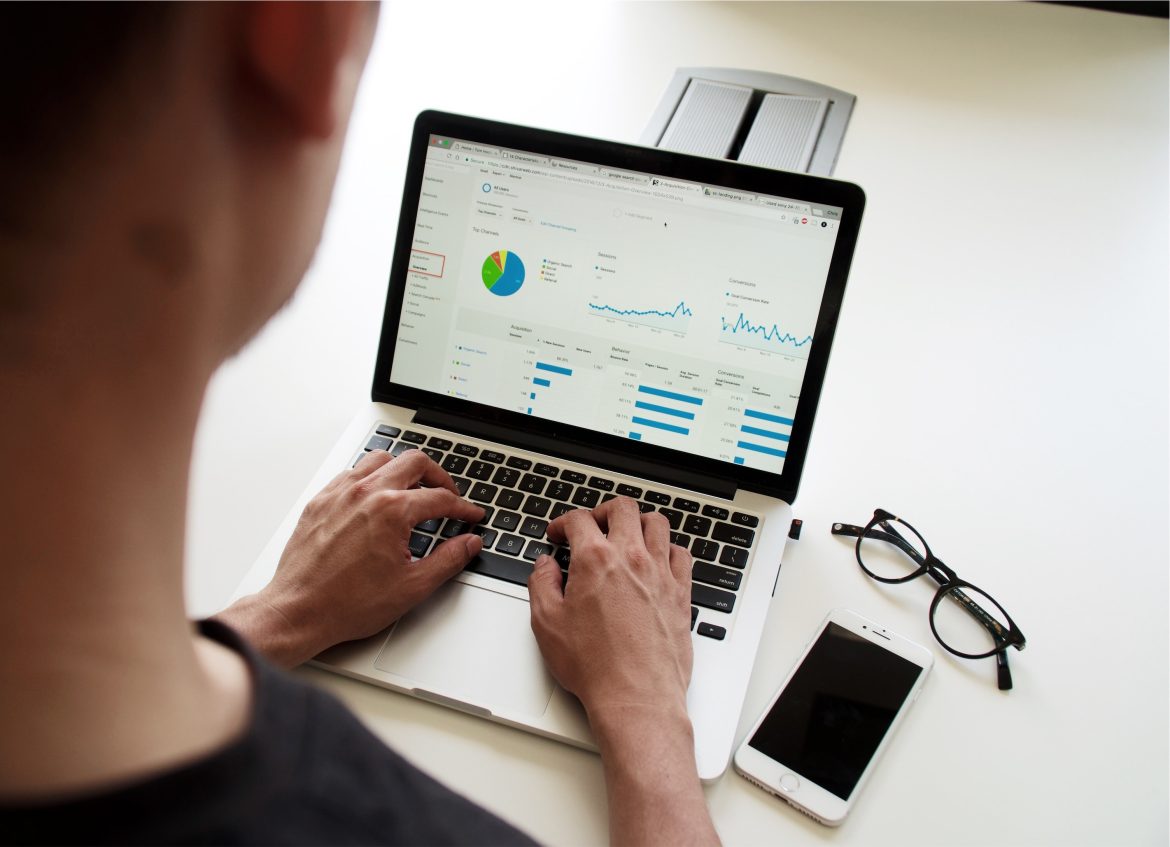For most people, there’s never enough money to cover expenses, let alone be able to save and invest for the future. But, there are simple steps you can take to track your monthly expenses so you will know where the money is going and make decisions on where you can cut expenses. This is the only way you can have some spare cash for savings and investment.
Tracking your spending on a regular basis can give you an accurate picture of where your money is going and where you’d like it to go instead.
Here’s how to get started tracking your monthly expenses.
- Check your bank account and credit card statements.
Identify your money habits by taking inventory of all of your accounts, including your current and savings accounts, and all credit cards you have. Looking at your accounts will help you identify where you’re spending, getting a sense for your monthly cash flow — what’s coming in and what’s going out. - Categorize your expenses
Start grouping your expenses. You could find that your morning Vidae Café or afternoon Starbites run is costing you a lot. Or maybe you’ll realize you’re paying too much to get your hair cut.
For example, you will be amazed at how much you can save by taking a lunch pack to work. You may also be able to save on fuel by car-pooling (sharing) with colleague who live in your area.
Your spending will consist of both fixed expenses and variable expenses. Fixed expenses are less likely to change from month to month. They include mortgage or rent, utilities, insurance and debt payments. You’ll have more room to adjust variable expenses like food, clothing and travel. - Use a budgeting App
Budgeting apps like You Need a Budget and Mint are designed for on-the-go money management, letting you allocate a certain amount of spendable income each month depending on what you’re taking in and what you’re paying out. These types of apps will work if you’re willing to log your purchases, put in the time and stick to your budget.
Depending on what you get out of it, a paid app may be worth the cost.
Some have appealing benefits, like ability to sync transactions directly from your bank account. - Explore other expense trackers
Not a fan of apps? A spreadsheet is another valuable money-tracking tool. You can find a variety of free budget templates online, and NerdWallet also offers an online budget worksheet.
Or, if you have a more complex financial portfolio, you can buy software. Quicken Premier, which lets you import your bank transactions and monitor your investments. It’s a much smarter, more effective, clear and organized way of keeping track of your spending, and pretty much all aspects of budgeting and financial investing, than trying to do it yourself with an Excel table or paper ledger. - Identify room for change
As you track, be ready to make adjustments. It’s worth your time to keep tabs on your monthly expenses because of what you’ll uncover. “Tracking expenses can be very valuable for finding out what’s really costing you, and what is not as bad as you thought.
Lowering the “big fixed expenses” in your life, like the cost of housing, vehicles and utilities, can make a significant impact on your budget. If you need help adjusting your major recurring monthly expenses like your mortgage or car loan.

